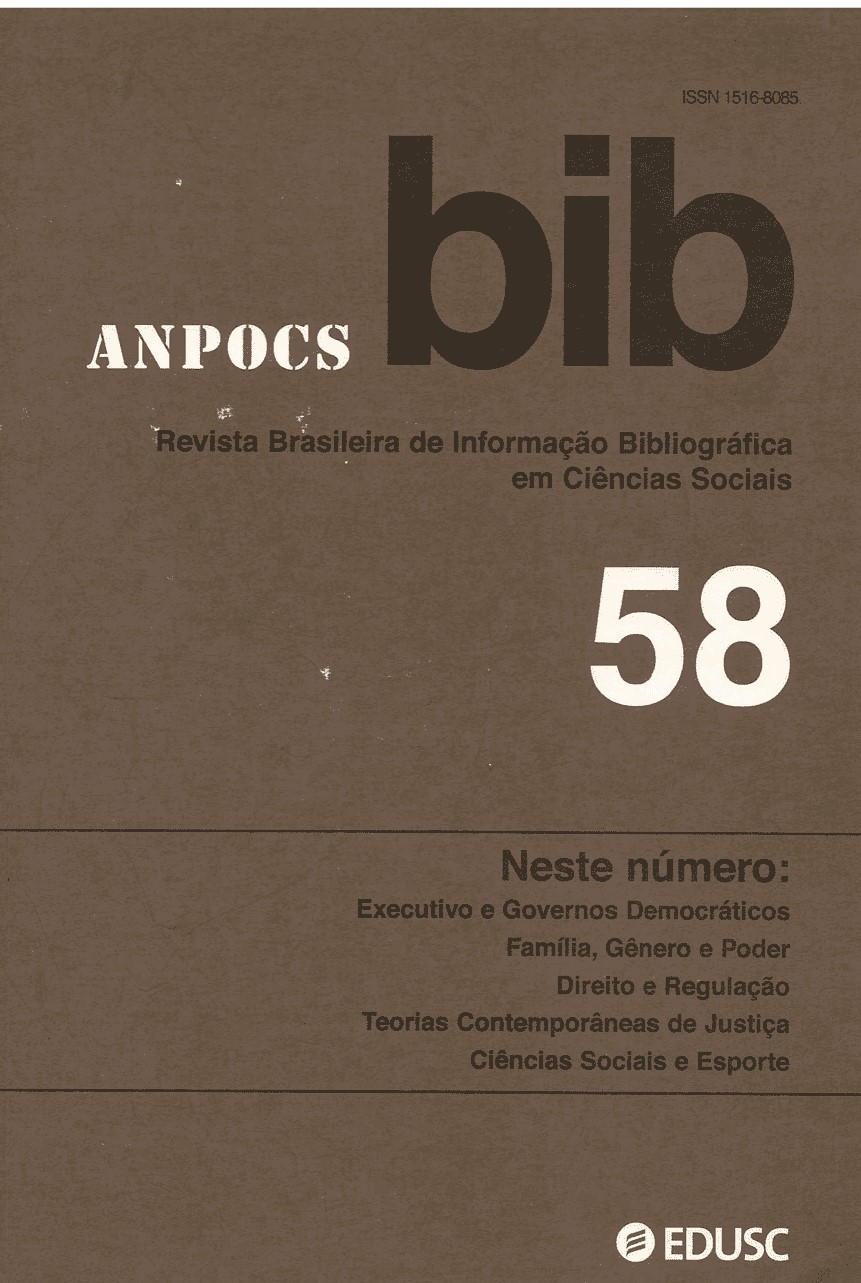O executivo nos sistemas de governo democráticos
Palavras-chave:
Parlamentarismo, Presidencialismo, Executivo, Legislativo, Poderes de agendaResumo
Este artigo faz um survey da literatura sobre sistemas de governo em países democráticos,apontando a fragilidade dos modelos estilizados de governo parlamentarista e presidencialista, baseados nas suas diferenças institucionais básicas: a fusão e a separação de poderes. Para a autora, o peso explicativo atribuído a essas diferenças pouco contribui para a compreensão das condições institucionais que determinam a dinâmica dos governos e as suas políticas. Os estudos empíricos identificam uma enorme diversidade no interior de cada um desses sistemas de governo, tanto em suas regras formais como em seu funcionamento. Mais recentemente, modelos analíticos têm enfatizado a importância dos poderes de agenda do Executivo nos dois sistemas de governo, os quais funcionam como um mecanismo institucional com impacto significativo na capacidade de o governo coordenar sua própria estrutura interna e de obter o apoio do Legislativo e a aquiescência da burocracia para a implementação de seu programa político.Downloads
Não há dados estatísticos.
Downloads
Publicado
2004-07-10
Como Citar
Figueiredo, A. C. (2004). O executivo nos sistemas de governo democráticos. BIB - Revista Brasileira De Informação Bibliográfica Em Ciências Sociais, (58), 7–28. Recuperado de https://bibanpocs.emnuvens.com.br/revista/article/view/275
Edição
Seção
Balanços Bibliográficos





